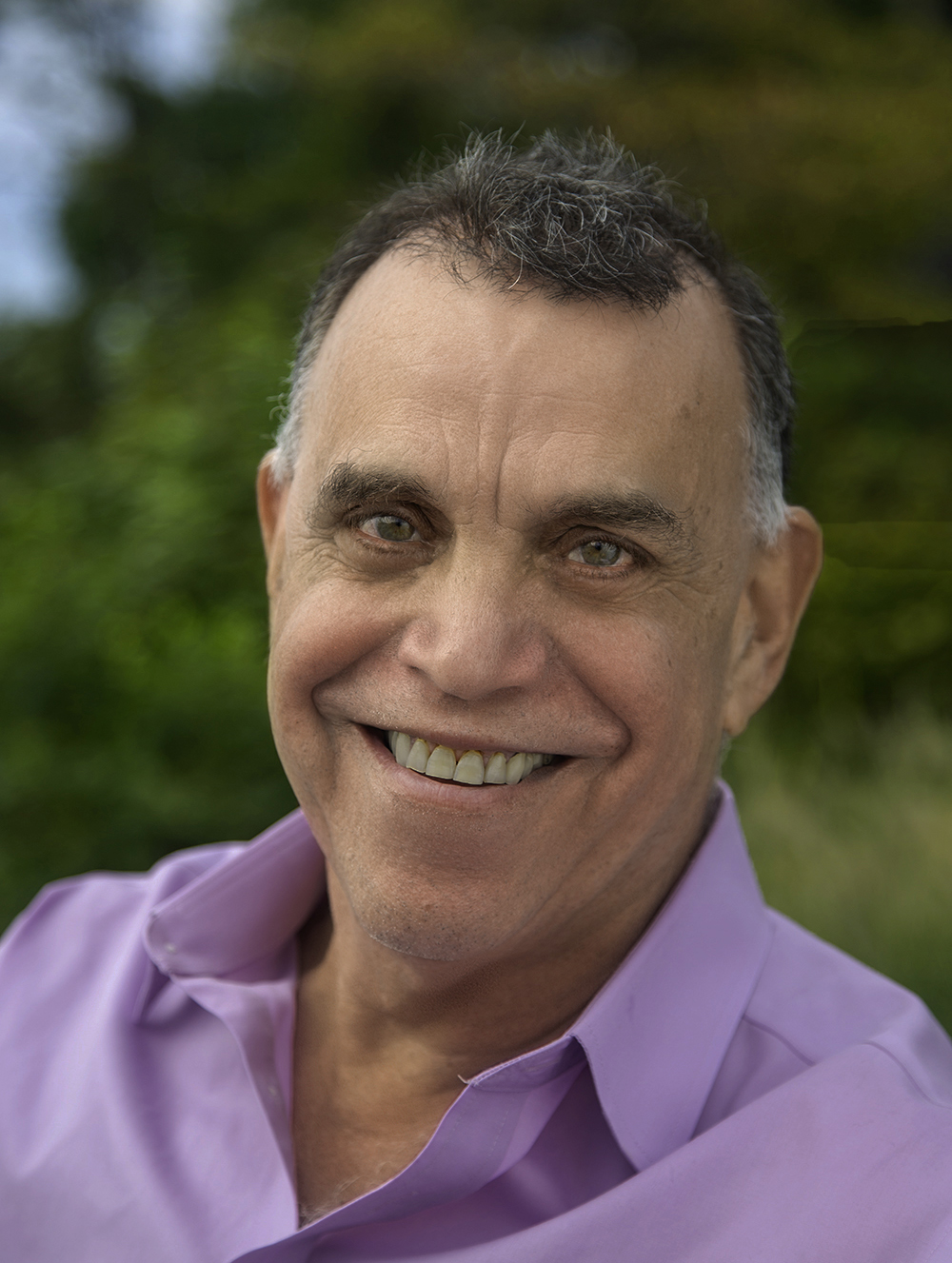
Bruce Blaustein, Aesthetic Realism consultant, writes:
Growing up on Long Island, I couldn’t understand why the devotion that people in my family showed one another could suddenly turn into heated, angry arguments and later, uncomfortable silences. I know that through Aesthetic Realism, the painful see-saw between devotion and anger in a family can really change!
Studying Aesthetic Realism in consultations, I came to see the inner lives of people, beginning with my parents and brother, as real for the first time. For instance, I was asked, “Do you think your father’s feelings are as deep as your own?” I was given the assignment to write a soliloquy of my mother at age 18; and as I tried to imagine what her thoughts might have been, I saw her as having a depth and width that I had denied her. My life changed as I saw that the people I had thought I knew “like a book,” and had felt I owned, have mystery, dimension, and wonder—and that they, and I, have to do with the whole world. What a good, deep time this study is!
The issue of The Right of Aesthetic Realism to Be Known titled “The Family, Philosophy, & Kindness” has the comprehension all families are hoping for. The commentary by editor Ellen Reiss begins:
In the wonderful 1970 lecture we are serializing—Philosophy Begins with That—Eli Siegel is showing that there is nothing we meet, no thought we have, no situation we’re in, which is not philosophic. The structure of the world itself is in everything, and this structure is the aesthetic oneness of opposites. To illustrate, Mr. Siegel comments on entries in a journal that novelist Arnold Bennett kept in 1929.
Here too is an article by art educator Donita Ellison. It is part of a paper she presented in a public seminar this June: “The Mistakes Daughters Make about Fathers; or, What Do We Really Want from Dad?” That seminar title is charming, but the subject has great pain connected with it. People today, as much as ever, feel confused, angry, and guilty in relation to the family. They can’t make sense of a tumult of opposites in themselves as to a parent, sibling, or other relative: Why do I feel, about this person, so devoted, so tender, yet so resentful? Why do I shuttle between warmth and coldness? And why can I often feel so distant from this person whom I’ve seen as closer than anyone to me—why can it often seem we’re miles apart as we sit in the same room?
False Answers
“Explanations” given by various psychologists and advisors have really increased the trouble. On the one hand, there has been a campaign in recent years to blame a parent for all of a person’s suffering and bad choices. The explanation goes like this: You must have been abused as a child—if not physically, at least emotionally. If instances don’t come readily to your mind, well, you probably have “repressed memories” of this abuse. You don’t realize your mother or father did something to you, but I, the therapist, will get you to “remember” and see how hurt you really were.
So parents are often falsely accused. On the other hand, people are told that they should have unconditional, uncritical, all-accepting love for their family. Not only do the two ways not go together, but both are incorrect and cruel.
The Family Is Philosophic
As Ms. Ellison’s paper illustrates, Aesthetic Realism is magnificent in its understanding of the family. That understanding is in keeping with the lecture we’re serializing. Aesthetic Realism says the family needs, and deserves, to be seen philosophically—and to see it that way is not to be academic or aloof, but artistic, intelligent, truly loving, kind.
To see a person in the family philosophically is to see that: 1) This person is related to nothing less than the whole world. He has grandeur, scope, fullness, mystery, because he has to do with everything. 2) His deepest desire, even as he sits with you in a room, is to like the world; and his like of himself depends on how fair he is to that world, from which he came, and to which he is in relation all the time. 3) To love a person—in the family or not—is to encourage him to know and be just to a world having books, music, leaves, skies, and other people, who are as real as you are.